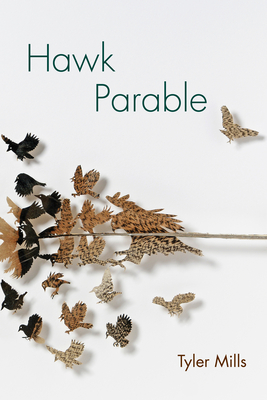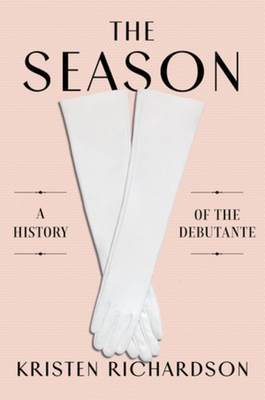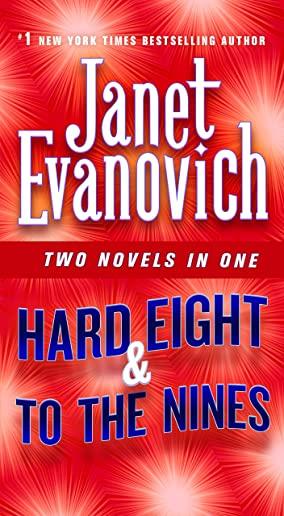
description
1
Hawk Parable begins with a family mystery and engages with the limits of historical knowledge--particularly of the atomic bombs the U.S. dropped at the end of the Second World War and the repercussions of atomic tests the U.S. conducted throughout the 20th century. These poems explore a space between environmental crisis and a crisis of conscience. As a lyric collection, Hawk Parable begins as a meditation on the author's grandfather's possible involvement in the Nagasaki mission and moves through poems that engage with the legacy of nuclear testing on our global environment. At times, Hawk Parable borrows language from declassified nuclear test films, survivor accounts of the Hiroshima and Nagasaki bombings, scientific studies of bird migrations through the Nevada Test Site, and the author's grandfather's letters. This book enacts what it means to encounter fragments--of historical records, family stories, and survivor accounts--through exploring a variety of forms. Hawk Parable seeks what it means to be human in the spaces between tragedy and beauty, loss and life, in the relationships between the lyric speaker, history, and personal memory.
"...Mills proves that Faulkner underestimated a poet's ability to manage enormous shifts of scale...Haunted by the unverified possibility of her fighter-pilot grandfather's 'involvement in the Nagasaki mission, ' Mills scans skies for contrails, scrutinizes negatives, reads survivors' accounts, and sifts through white sands...Mills has written a book for the long nuclear century." - Publishers Weekly, Starred Review
Hawk Parable begins with a family mystery and engages with the limits of historical knowledge--particularly of the atomic bombs the U.S. dropped at the end of the Second World War and the repercussions of atomic tests the U.S. conducted throughout the 20th century. These poems explore a space between environmental crisis and a crisis of conscience. As a lyric collection, Hawk Parable begins as a meditation on the author's grandfather's possible involvement in the Nagasaki mission and moves through poems that engage with the legacy of nuclear testing on our global environment. At times, Hawk Parable borrows language from declassified nuclear test films, survivor accounts of the Hiroshima and Nagasaki bombings, scientific studies of bird migrations through the Nevada Test Site, and the author's grandfather's letters. This book enacts what it means to encounter fragments--of historical records, family stories, and survivor accounts--through exploring a variety of forms. Hawk Parable seeks what it means to be human in the spaces between tragedy and beauty, loss and life, in the relationships between the lyric speaker, history, and personal memory.
member goods
No member items were found under this heading.
Return Policy
All sales are final
Shipping
No special shipping considerations available.
Shipping fees determined at checkout.







